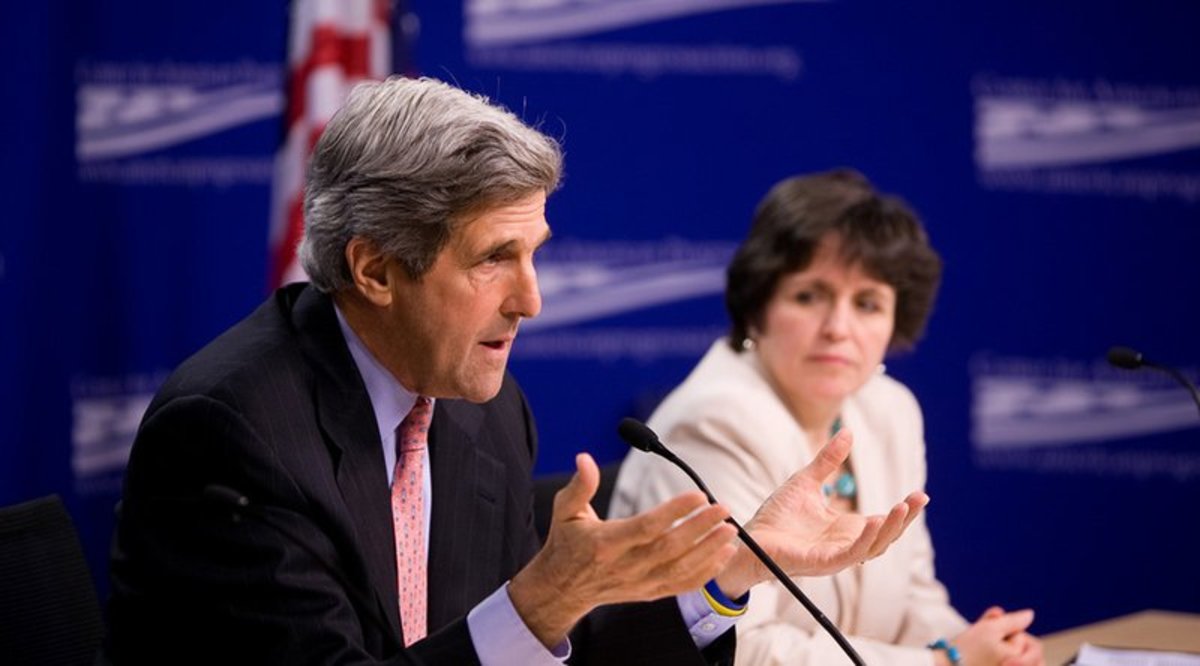
Washington, D.C.-based Chamber of Digital Commerce, an association focused on promoting the acceptance and use of digital assets and blockchain-based technologies announced the launch of a Global Blockchain Forum today.
Speaking to Bitcoin Magazine, Perianne Boring, founder and president of the chamber said the Global Blockchain Forum is an international initiative that will coordinate efforts with leading blockchain industry trade associations around the world to establish global industry best practices and standards.
Among the founding members of the forum are the U.S.-based Chamber of Digital Commerce, U.K. Digital Currency Association (UKDCA), the Australian Digital Currency & Commerce Association (ADCCA), and the Association of Crypto-Currency Enterprises and Start-ups (ACCESS), headquartered in Singapore.
According to Boring, the idea for the Global Blockchain Forum was conceived as the need for coordinating policy efforts among members of the association arose.
“Given that many of our members operate globally ‒ the importance of coordinating policy efforts globally is obvious,” Boring said. “The formation of the Global Blockchain Forum happened organically through our engagement with the founding member organizations over time. We decided that the time was ripe to formalize our engagement to create this platform and welcome other related organizations to coordinate efforts as well.”
Speaking on the the current state of laws and regulations concerning Bitcoin, Boring said that it is inconsistent and unclear in most countries. In the United States, for example, there have been various proposals on what laws to apply and how to officially regulate Bitcoin. The U.S. Commodities Futures Trading Commission treats Bitcoin and blockchain technology as a commodity, the Securities and Exchange Commission as a security, the Financial Crimes Enforcement Network (FinCEN) as a currency, and the IRS as property.
“There is next no consistency among the various countries looking to regulate Bitcoin and blockchain tech,” Boring said.
Speaking specifically about Bitcoin regulations in the United States, Boring said that laws on anti-money laundering (AML), know-your-customer (KYC) and the Bank Secrecy Act (BSA) are hampering the growth of virtual currency startups by increasing compliance costs.
“When we get into more complex requirements, like AML/KYC/BSA, the compliance cost can add up pretty quickly if virtual currency businesses have to collect different information and report it in a different way in the various countries around the world that they operate in,” Boring said.
Speaking on some of the specific goals of the Global Blockchain Forum, Boring said that the forum would promote and exchange information among participants; conduct research on improving the understanding of digital commerc










